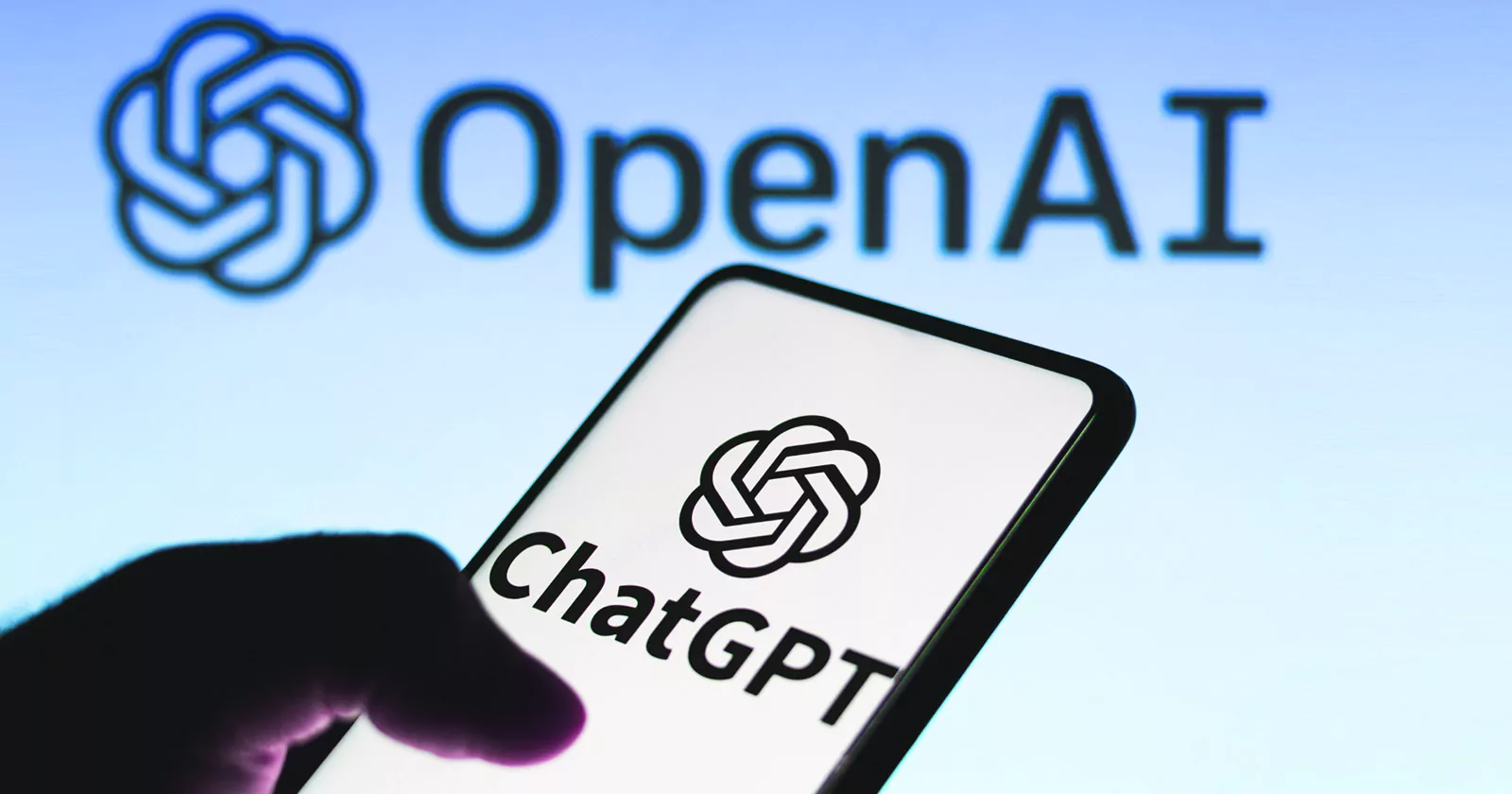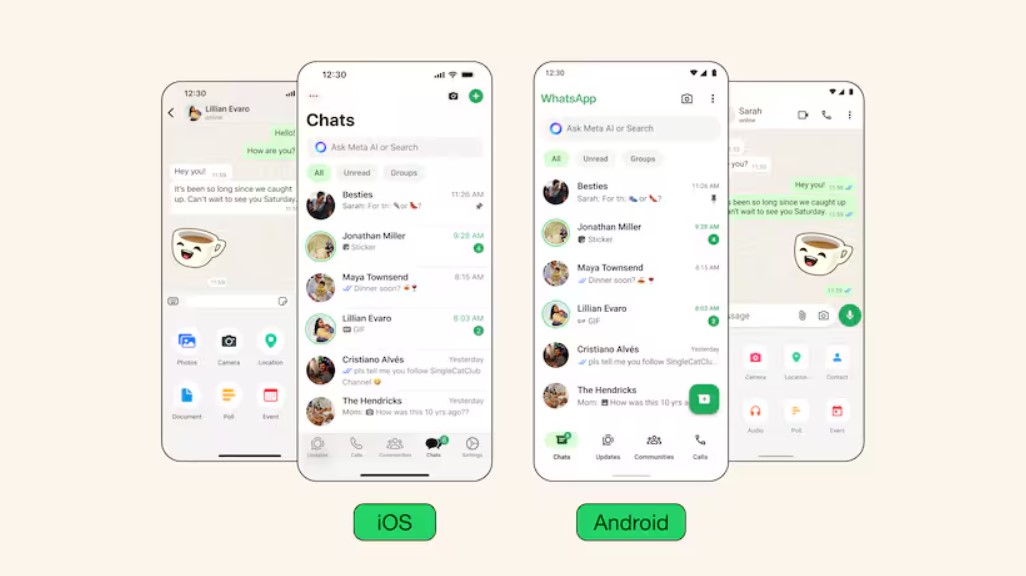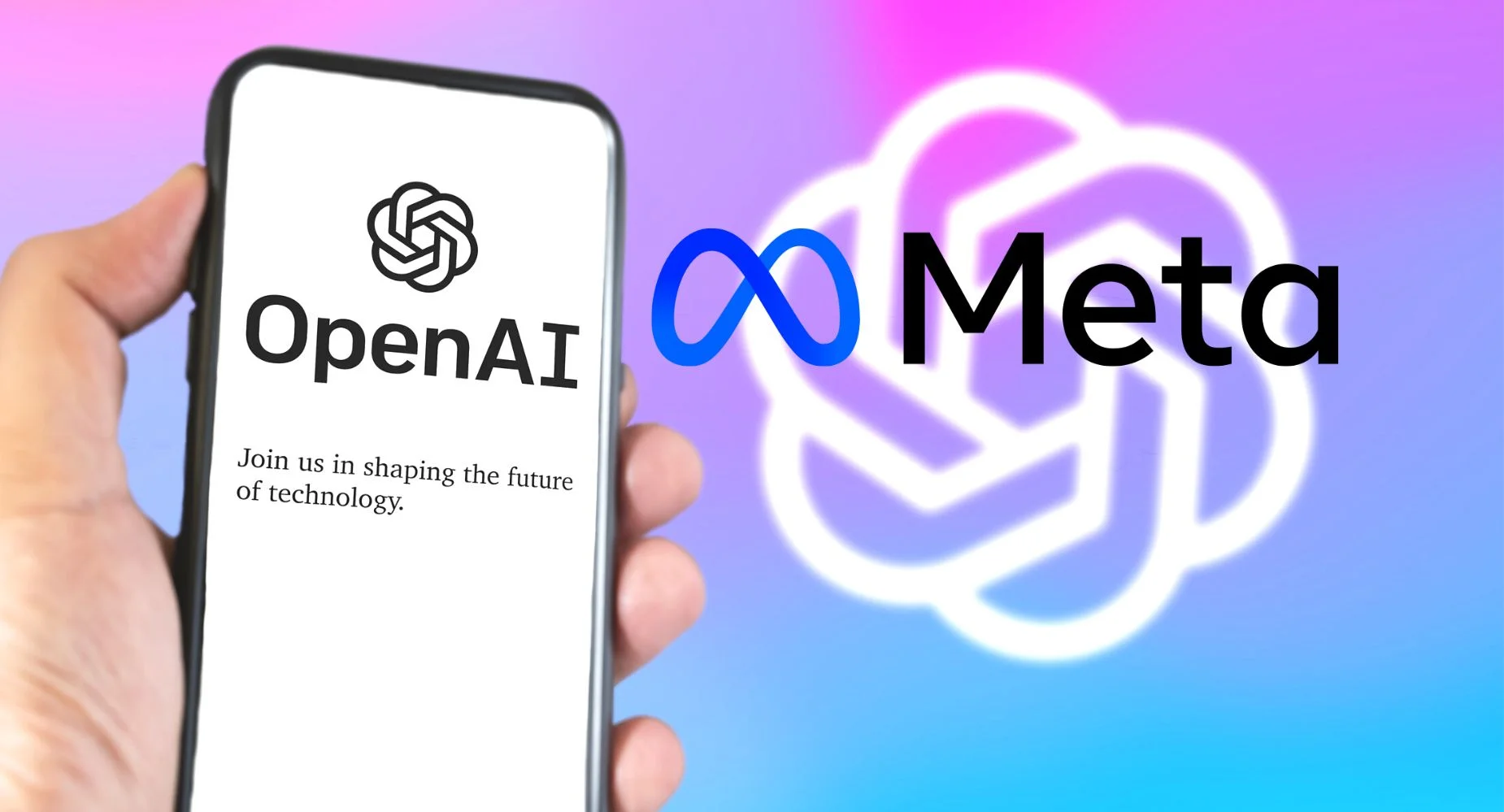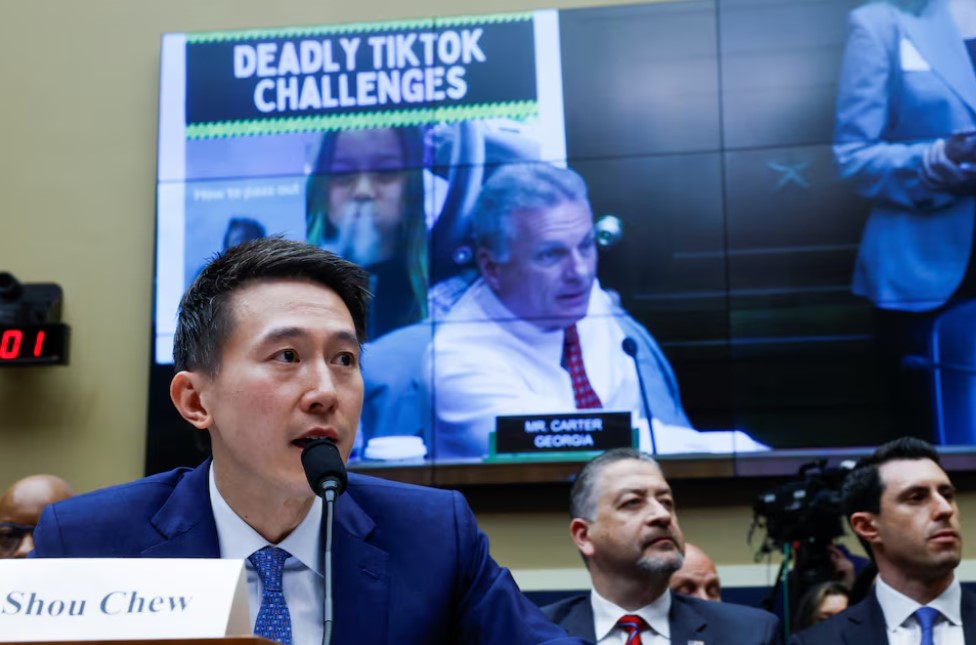
In a bold move aimed at democratizing access to advanced conversational AI, OpenAI has announced the launch of a new version of ChatGPT that doesn’t require users to create an account. This initiative, set to roll out gradually worldwide starting today in select markets, aims to make the flagship AI accessible to everyone, regardless of whether they have an account or not.
Upon visiting chat.openai.com, users will be greeted with the option to dive straight into conversation with ChatGPT, utilizing the same powerful model as logged-in users. While this provides a convenient way for users to interact without the hassle of creating an account, it comes with certain limitations. Features such as saving or sharing chats and using custom instructions will only be available to those with persistent accounts.
However, perhaps the most significant aspect of this new offering is its implications for data privacy and usage. All conversations with ChatGPT, unless explicitly opted out, will contribute to the AI’s training data. OpenAI assures users that they can opt out of this data usage, although it raises questions about the company’s motives behind this move.
In addition to the lack of certain features, the free version of ChatGPT will come with “slightly more restrictive content policies.” OpenAI has vaguely outlined these policies as encompassing existing safety measures within the model, along with additional safeguards designed to address inappropriate content for a signed-out experience. Despite this assurance, the specifics of these policies remain ambiguous, leaving users to speculate on their extent and effectiveness.
Concerns have also been raised regarding potential misuse and abuse of the model, given its newfound accessibility. OpenAI acknowledges the challenges posed by potential misuse but offers little concrete information on how they plan to address them. With inference still resource-intensive, the company faces the daunting task of managing unprecedented levels of usage and potential abuse.
As OpenAI prepares to unleash ChatGPT to a wider audience, questions linger about the impact of this move on both users and the AI landscape as a whole. While it promises greater accessibility and convenience, the shift towards an account-less experience raises important considerations around privacy, data usage, and the potential for misuse. Only time will tell how OpenAI navigates these challenges and iterates on its approach in response to user feedback and evolving threats.






